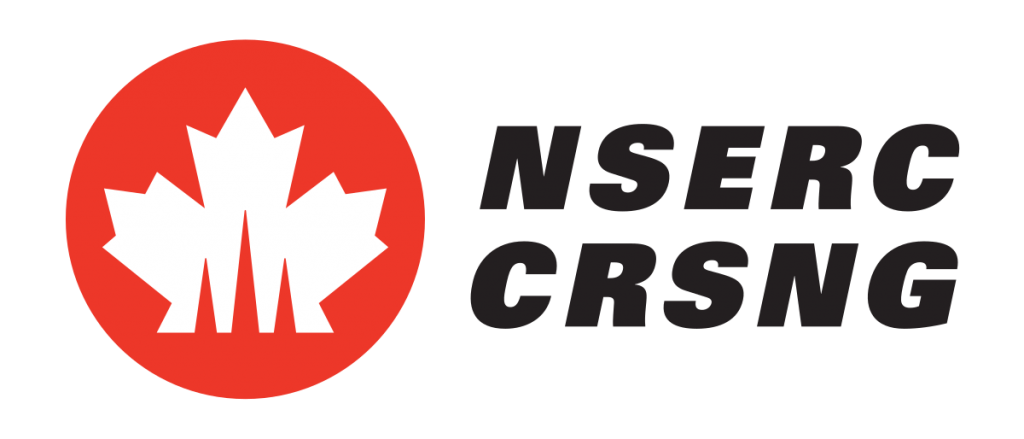#WIMTACHatHome: Derek Chezzi

Despite the COVID-19 pandemic, WIMTACH has continued its efforts to support its Student Researchers to gain experiential learning, job opportunities, employable skills and industry knowledge of digital health sectors. This series will highlight how students and faculty who work with WIMTACH are managing the ongoing changes to their daily lives.
Derek Chezzi is a part-time instructor in the School of Journalism at the School of Communications, Media, Arts and Design. One of the courses he teaches explores Emerging Tools and Technology for journalists to use in their careers.
“We’re always looking for people who work with cutting edge technology with whom we can expose the students to different working environments externally and internally at Centennial College. Technologies and projects may intersect with their jobs one day primarily as storytellers.”
When the opportunity to organize a visit to WIMTACH for his students, Chezzi took it. Last year, his students visited the 305 Milner Innovation Hub to provide feedback on an applied research project headed by Mohamed Khan, a professor of Information, Communication and Technology-Software Engineering at School of Engineering Technology and Applied Science (SETAS). The project is a Student Employment Referral System (SERS) that allows professors to connect their students with industry opportunities directly. Chezzi’s students also got a tour of the Hub. They left with a better understanding of how research projects come together.
Currently, Chezzi is working on two more projects with RQDN Labs and the Toronto Zoo. What they all have in common is the level of experience students gain by working on the projects.
“With all of these projects, it’s a really great opportunity to provide students with real-world experience while they’re pursuing their studies and get that hands-on experience and flesh out their resume so that when they’re going into the workforce after, they have that type of experience that complements their academic experience. It also helps them develop some soft skills above and beyond the actual practical work being done. I think [WIMTACH] is a fantastic program to expose students to other opportunities and give them more advantages down the line.”
Even though the pandemic has shifted the way many are spending their time, it has also brought about opportunities that would have otherwise not happened. The working relationship between Principle Investigators and WIMTACH Research Associates and Student Researchers is one example that Chezzi can attest to.
The pandemic has shifted the way that he has been able to work as Principal Investigator and interact with others. Correspondence is online and a variety of tools are used to manage projects, ask and answer questions and complete project requirements. However, one of the opportunities that has arisen for Chezzi is the ability to know and understand what other Principal Investigators are up to. The WIMTACH team organized bi-weekly meetings for all of them to provide updates, share progress and learn about each other’s projects. It has been a welcomed change.
“I thought it was great because I spend most of my time on the Story Arts campus and I don’t get to get out on the Progress campus. For me it was an opportunity to meet everyone else that was working on different projects. There’s all this knowledge-sharing that is happening, skillsets that you can tap into, or you can share if you’re looking for [student] talents. I found it easier to communicate with everyone and reach out. I don’t think that would have been available prior to it. There have been benefits of the way we’ve been required to work together as a team.”
For the Student Researchers, Chezzi notes that the lack of in-person teamwork is made up by “more tools now to stay on top of projects” that prepares them for future work environments where these tools will be normal. It is also an opportunity for them to become “self-starters and self-motivators” because these are tools they’re using by themselves. Inadvertently, students are learning how to “communicate up” to their peers and Principal Investigators what they need and how, especially because schedules can fill up fast.
“The more a student leans into the role that they’re doing, the more we appreciate the work that they do. If they learn to take charge and not wait for people to tell them what to do, but rather come to us and say, “here’s what I’m working on and what I need”, the more we appreciate that.”
Chezzi’s advice for balance during the pandemic is scheduling.
“Set up a weekly schedule to balance things. The balance between the work and personal during this time is evolving. I would just say be adaptable and be ready to change and constantly evaluate your situation.”
For more #WIMTACHatHome stories, please visit: https://wimtach.centennialcollege.ca/news/
For updates on WIMTACH’s operations during the COVID-19 pandemic, please visit https://mailchi.mp/d9a20aac07f0/covid-19-update
WIMTACH proudly recognizes funding to support this work from Natural Sciences and Engineering Research Council of Canada (NSERC).



0